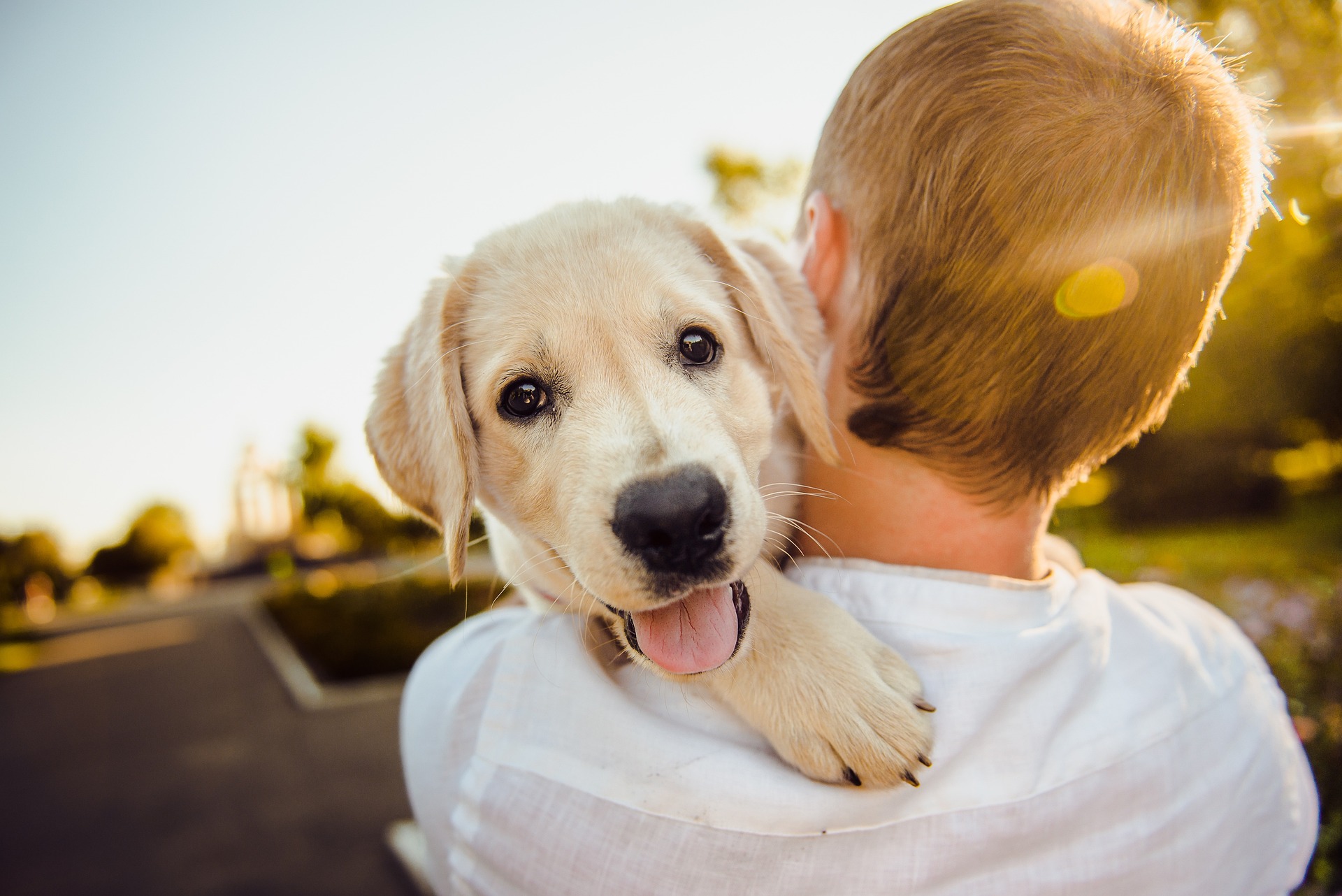Decoding the Secrets of Your Dog's Sleep Patterns
In this article, we delve deep into the fascinating realm of canine sleep - why dogs sleep as much as they do, what their sleep patterns mean, and how understanding these aspects can significantly contribute to your pet's overall health and happiness.

Canine Sleep 101: The Basics
In the wild, dogs are both predators and prey. Their sleep patterns evolved to ensure they stay alert for potential dangers or hunting opportunities. Domestic dogs have retained these sleep habits. They sleep more than humans do but lightly and intermittently, ready to wake at a moment’s notice.
Rapid Eye Movement (REM) Sleep in Dogs
Dogs, like humans, have REM sleep, which is the stage associated with dreaming. If you’ve noticed your pet twitching, whimpering, or moving their paws as if running while sleeping, they’re probably in the REM stage. Although this cannot be definitively proven, several studies suggest that dogs do dream, much like humans do.
Sleep Duration and its Impact on Canine Health
An average adult dog sleeps between 12 to 14 hours a day, while puppies and older dogs require more sleep, around 18 to 20 hours. Several factors, including age, breed, and activity level, influence a dog’s sleep needs. Consistently disturbed or insufficient sleep can lead to health issues such as weakened immunity or behavioral problems in dogs.
Does Your Dog Suffer from Sleep Disorders?
Just like humans, dogs can suffer from sleep disorders, which can range from insomnia and sleep apnea to narcolepsy and REM behavior disorder. Recognizing and addressing these issues is crucial for your dog’s health and well-being. If you notice any drastic changes in your pet’s sleep patterns, it’s advisable to consult a vet.
How to Improve Your Dog’s Sleep Quality
Quality sleep is as vital for your pet as it is for you. Regular exercise, a balanced diet, a comfortable sleeping environment, and a consistent routine can all contribute to better sleep for your dog. Avoid feeding your pet just before bedtime, and try to limit their water intake in the evening to prevent nighttime waking for bathroom breaks.
Understanding and respecting your dog’s sleep patterns not only ensure their happiness and health but also strengthens the bond you share with your furry friend. By paying attention to their sleep behavior, you can help give your pet the best life possible.




